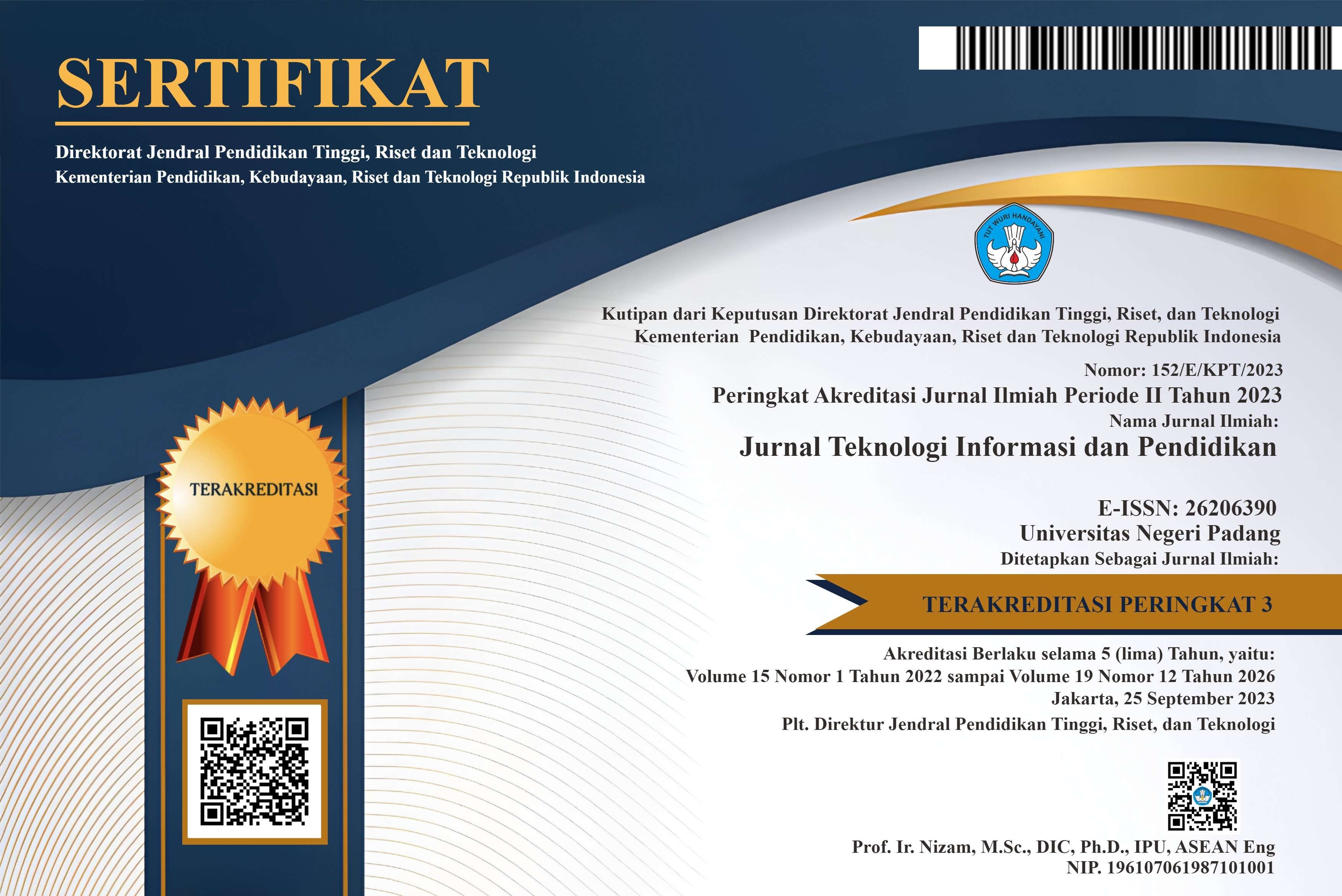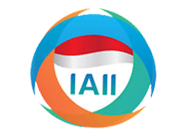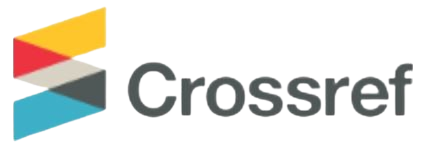Development of Interactive Multimedia for Room Service Subject
DOI:
https://doi.org/10.24036/jtip.v15i1.579Keywords:
Room Service, APPED, Multimedia Interactive, Learning Media, Research and DevelopmentAbstract
In order to create optimal learning, learning media with new variations that are interesting but effective and advanced technology are needed. This study aims to develop learning media in the form of interactive multimedia based on Adobe Flash CS6 that is suitable for room service on course restaurant setting and service. This media is developed by research and development (R&D) and using the APPED (Analysis, Planning, Production, Evaluation, Dissiminate) as the development model. The results which is quantitative data are then converted into desctiptive analysis. The validation results by experts such as: 1) media expert the percentage is 99.2% which means that it is excellent quality, 2) by subject expert the percentage is 95% which means that it is excellent quality, 3) by language expert the percentage is 77.5% which means that it is good quality. For student acceptance responses, the percentage is 89.83% which means it is very positive In conclusion this media is validated to be used with good quality















.png)














